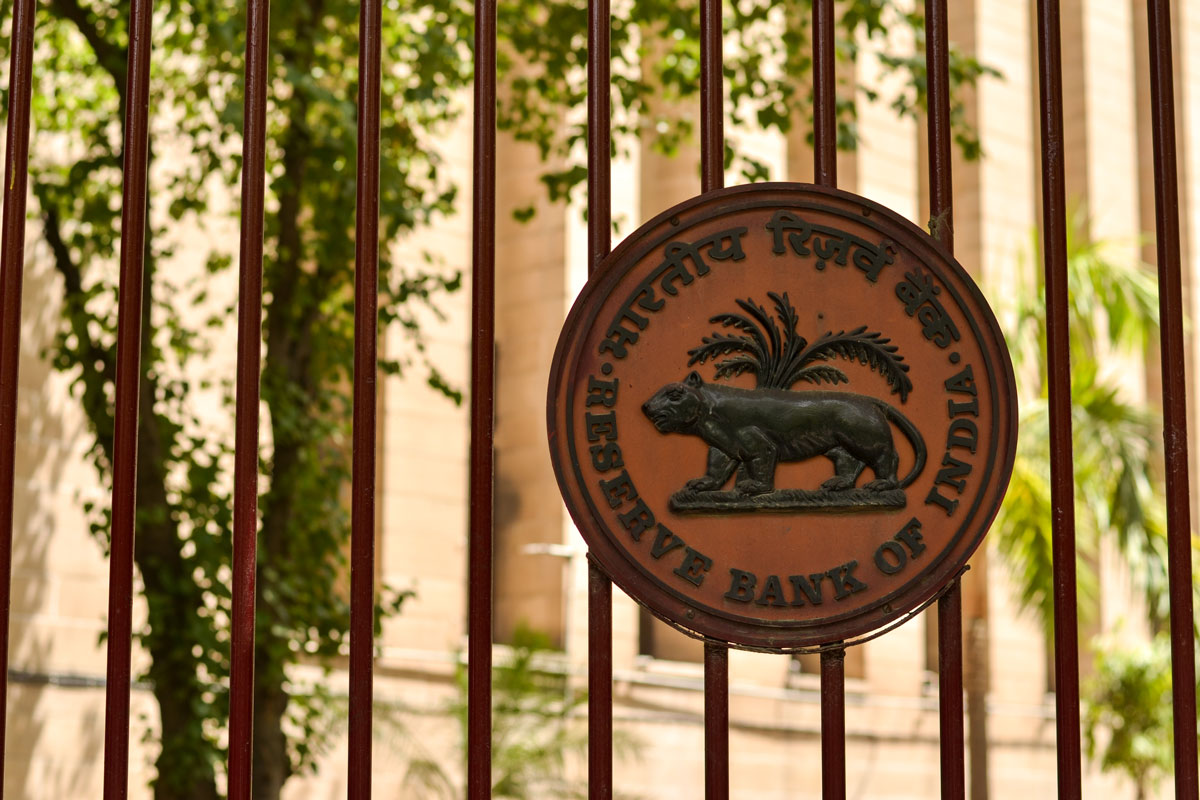RBI asks NBFCs to disclose total charges levied for loan products: Report
The Reserve Bank of India (RBI) has directed large non-banking financial companies (NBFCs) to disclose the total charges levied on customers for each loan product.
The finance ministry wants all payments to be credited in the accounts of borrowers well before Diwali by November 5.

The scheme can be availed by designated class of borrowers from March 1 to August 31, 2020. (Photo: iStock)
The Reserve Bank of India (RBI) asked all lending institutions, including non-banking financial companies, to implement the waiver of interest on interest for loans up to Rs 2 crore for the six months moratorium period beginning March 1, 2020.
In a bid to provide restitution amid the pandemic – On October 23, the government had announced the scheme for grant of ex-gratia payment of difference between compound interest and simple interest for six months to borrowers in specified loan accounts.
Advertisement
In a notification, RBI said: “All lending institutions are advised to be guided by the provisions of the Scheme and take necessary action within the stipulated timeline.”
Advertisement
The finance ministry wants all payments to be credited in the accounts of borrowers well before Diwali by November 5.
Under the scheme, the ex gratia payment, the difference between compound interest and simple interest for six months – will be made to borrowers whose aggregate loan sanctions and outstanding is not more than Rs 2 crore as on February 29, 2020. All categories of loans – MSME, education, housing, personal, consumer – and credit card dues will be eligible.
The scheme can be availed by designated class of borrowers from March 1 to August 31, 2020.
Housing loans, education loans, credit card dues, auto loans, MSME loans, consumer durable loans and consumption loans come under the ambit of the scheme.
As per the scheme, the lending institutions shall credit the difference between compound interest and simple interest with regard to the eligible borrowers in respective accounts for the said period irrespective of whether the borrower fully or partially availed the moratorium on repayment of loan announced by the RBI on March 27, 2020.
The scheme is also applicable on those who have not availed the moratorium scheme and continued with the repayment of loans.
The lending institution after crediting the amount will claim the reimbursement from the Central government. All banks and NBFCs are covered under the scheme.
The government has clarified that the payment does not constitute a legal, contractual or equitable liability of the Central government and is only an ex-gratia payment to borrowers in view of the Covid-19 pandemic.
Advertisement